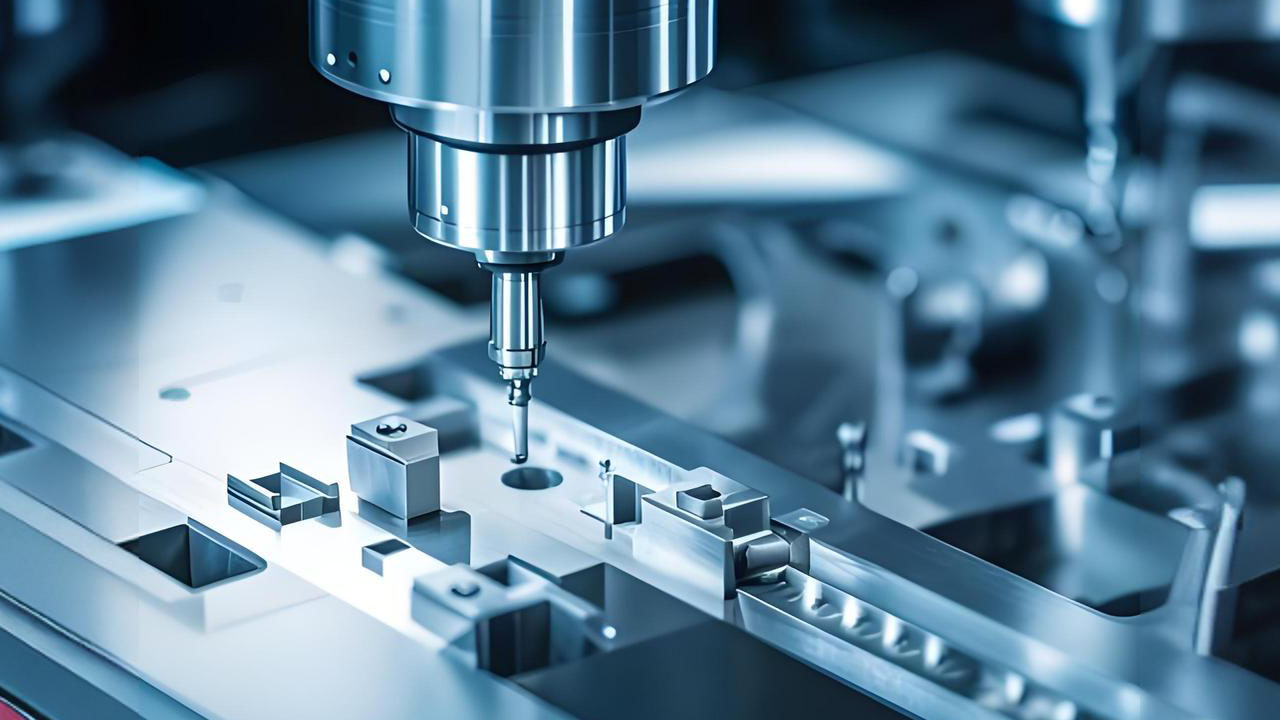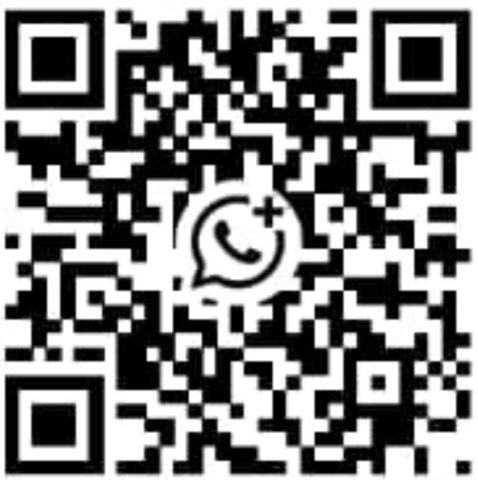News
Mastering Precision: Exploring Electrical Discharge Machining (EDM) Technology
In the realm of precision engineering, Electric Discharge Machining (EDM) stands tall as a revolutionary technology, offering unmatched precision and versatility in material removal processes. In this comprehensive guide, we delve deep into the intricacies of EDM, from its working principle to its diverse applications across industries.
What is Electric Discharge Machining (EDM)?
Electric Discharge Machining, commonly known as EDM, is a non-traditional machining process used to remove material from a workpiece by means of electrical discharges. Unlike conventional machining techniques that rely on mechanical force, EDM utilizes controlled electrical sparks to erode material, resulting in intricate shapes and fine details.
How Does EDM Work?
At the heart of EDM lies the principle of thermal erosion. When a voltage potential is applied between the tool electrode and the workpiece submerged in a dielectric fluid, a series of electrical discharges occur, creating intense heat. This heat melts and vaporizes the material in precise increments, gradually sculpting the workpiece according to the desired specifications.
Principle of Electric Discharge Machining (EDM):
The fundamental principle of EDM revolves around the controlled generation of electrical discharges to erode material from the workpiece. By utilizing high-frequency electrical pulses and dielectric fluids, EDM ensures precise material removal without exerting mechanical force on the workpiece, thereby achieving superior dimensional accuracy and surface finish.
Key Components and Tools Involved in Electrical Discharge Machining:
The primary components of an EDM setup include:
- Power Supply: Provides the necessary electrical energy to generate sparks.
- Tool Electrode: Acts as a negative electrode and shapes the workpiece.
- Workpiece: The material being machined.
- Dielectric Fluid: Surrounds the workpiece and serves as a medium for electrical discharges.

Different Types of EDM:
1. Wire EDM (WEDM)
2. Sinker EDM (SEDM) or Ram EDM
3. Small Hole EDM (Hole EDM)
Main Applications of EDM in Industry:
- Aerospace: Manufacturing intricate components such as turbine blades and engine parts.
- Medical: Producing precision instruments and implants.
- Automotive: Crafting molds, dies, and gears with high precision.
- Electronics: Fabricating microelectronic components and PCB tooling.
Surface Finish Achieved by EDM:
EDM is capable of achieving exceptionally smooth surface finishes, typically ranging from 0.1 to 0.5 micrometers Ra (roughness average), depending on the machining parameters and the type of electrode material used.
EDM Cutting vs. Laser Cutting:
While both EDM cutting and laser cutting are non-traditional machining processes, they differ in their mechanisms of material removal. EDM relies on electrical discharges and dielectric fluids, making it suitable for machining conductive materials, whereas laser cutting utilizes focused laser beams to melt or vaporize the material, offering high precision but limited to certain materials.
Advantages of Using EDM for Material Removal:
- Unparalleled Precision
- Versatility in Machining Complex Shapes
- Minimal Material Stress
- Superior Surface Finish
- Ability to Process Hardened Materials
EDM vs. Traditional Processing:
Unlike traditional machining processes that rely on mechanical force, EDM operates without direct contact between the tool and the workpiece, minimizing the risk of deformation or damage to delicate materials. Additionally, EDM offers superior precision and surface finish compared to conventional methods.
Materials Processed Using Electrical Discharge Machining:
EDM can effectively process a wide range of materials, including:
- Metals: Steel, Titanium, Aluminum, Copper
- Alloys: Tool Steel, Stainless Steel, Inconel
- Ceramics: Silicon Carbide, Aluminum Oxide
- Conductive Polymers
Categories
Latest News
- How can Chinese CNC machining 2025-04-22
- Why CNC Machining is the Best 2024-08-23
- CNC Machining Cost Calculation2024-08-22
- How to Find a Manufacturer for2024-08-01
- Plastic molding: definition, p2024-07-10
Contact
CONTACT USContact:Joy Ren
Phone: +86 18598031605
Email:cillian@qc-mold.com
Whatsapp+86 18598031605
Add:No.3 Huayuan Road, Longhua District,Shenzhen,China



 Eva
Eva